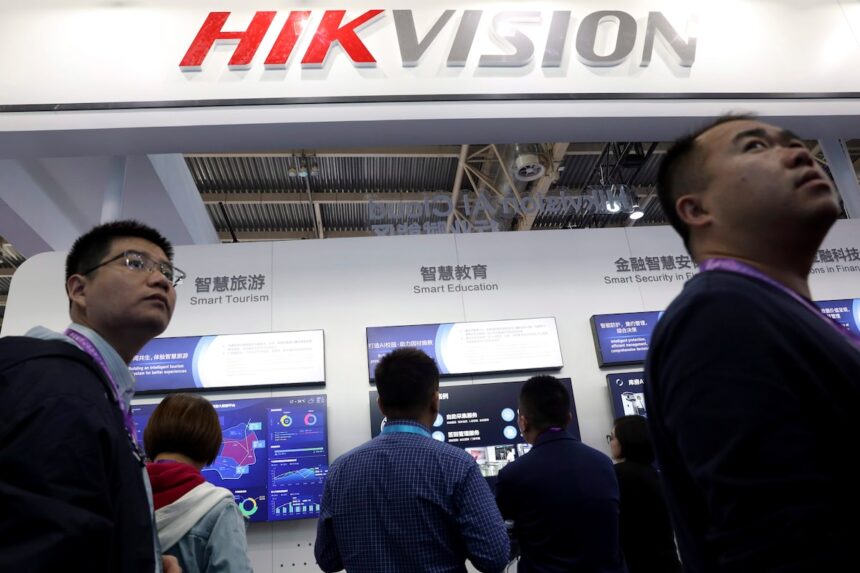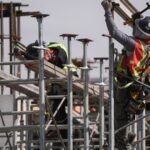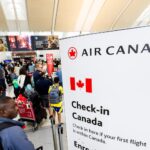In an unprecedented challenge to Canadian security directives, Hikvision Canada has launched a formal appeal against the federal government’s order to cease operations across the country, marking a significant escalation in ongoing tensions between Ottawa and Chinese technology firms.
The surveillance equipment giant filed its appeal with the Federal Court late Tuesday, directly contesting the government’s determination that the company poses “unacceptable risks to national security.” This move comes just three weeks after Public Safety Minister Dominic LeBlanc announced the ban, citing intelligence assessments that linked Hikvision to potential foreign interference concerns.
“We categorically reject the characterization of our company as a security threat,” said Jeffrey He, President of Hikvision Canada, in an exclusive statement. “Our operations in Canada have always adhered to the highest standards of privacy protection and regulatory compliance, and we intend to vigorously defend our reputation through this legal challenge.”
At the heart of Ottawa’s concerns lies Hikvision’s connection to the Chinese government, which maintains a controlling stake in the company through state-owned enterprises. Security experts consulted during the government’s review process pointed to the company’s surveillance systems being deployed in Xinjiang, where human rights groups have documented systematic oppression of Uyghur minorities.
The federal directive, which takes effect in November, would force approximately 180 Canadian employees out of work and impact thousands of businesses that have installed Hikvision security systems across government facilities, commercial properties, and residential complexes throughout Canada. Industry analysts estimate the total value of installed Hikvision equipment in Canada exceeds $500 million.
Cybersecurity specialist Dr. Stephanie Warren from the University of Toronto’s Citizen Lab notes that the case represents more than just a business dispute. “This legal challenge will test Canada’s ability to implement security policies when faced with determined opposition from well-resourced international corporations with state backing,” she told CO24 News.
The appeal has already drawn attention in Canadian politics, with opposition critics questioning whether the government conducted sufficient consultation before issuing the shutdown order. Conservative shadow minister for public safety, Pierre Paul-Hus, has called for greater transparency regarding the intelligence assessments that led to the decision.
“While we support protecting national security, Canadians deserve to understand the specific threats identified and whether less drastic measures were considered,” Paul-Hus said during question period.
The legal battle unfolds against a backdrop of deteriorating Canada-China relations, which have remained strained since the 2018 detention of Huawei executive Meng Wanzhou and subsequent arrest of two Canadian citizens, Michael Kovrig and Michael Spavor, in China. In 2022, Canada also banned Huawei from participating in its 5G networks, citing similar security concerns.
Industry experts in the business community warn that the outcome of this appeal could set precedents for how Canada manages relationships with other Chinese technology companies operating within its borders. The Canadian Chamber of Commerce has urged the government to establish clearer guidelines for foreign technology companies to ensure business certainty.
Hikvision’s legal team has requested an expedited hearing, arguing that the company will suffer “irreparable harm” if forced to wind down operations before the court can properly review the government’s evidence. Legal experts suggest the case could potentially reach the Supreme Court given its significance for national security law.
As this dispute continues to unfold, a crucial question emerges for Canadians and policymakers alike: How can we effectively balance legitimate national security concerns with maintaining an open economy that benefits from global technology innovations without becoming vulnerable to foreign influence?

























